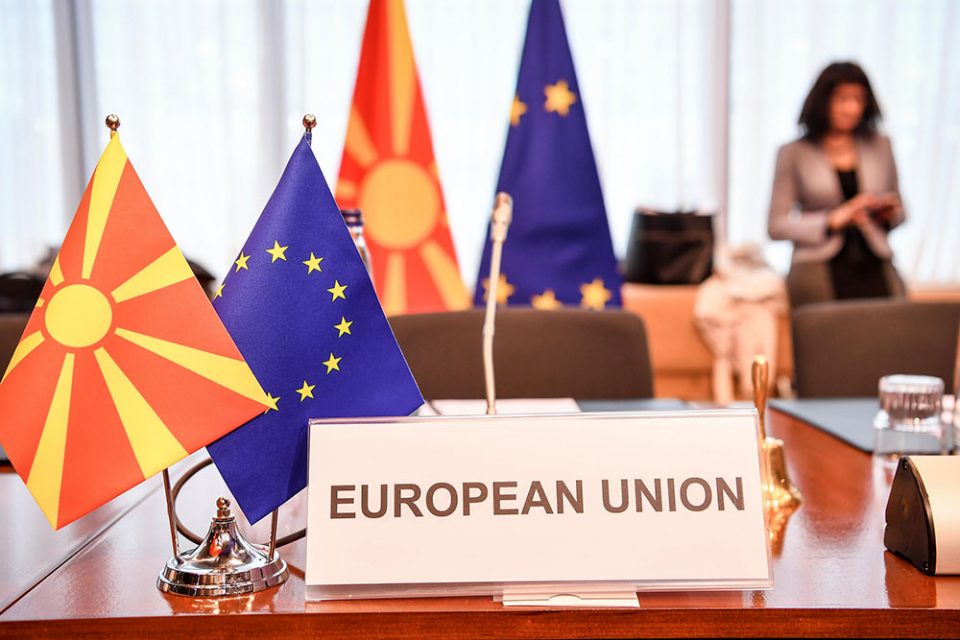Chapters 34 and 35, crucial segments in Macedonia’s negotiations with the EU, are reportedly absent from the negotiation clusters. These chapters, titled “Institutions” and “Other, or the rest,” respectively, hold significant importance in the pre-accession process for candidate countries. Few people comprehend the implications of this omission, as it suggests that if Macedonia eventually joins the EU, its status will differ from that of larger member states.
Chapter 34 specifically addresses “Institutions” and is responsible for negotiating the recognition of the Macedonian language as an equal language within the EU. The exclusion of these chapters implies that Macedonia may not partake in the EU institutions, vote on the Union’s budget, or have the opportunity to contribute a commissioner. This situation positions Macedonia in what is perceived as the second or third tier of EU membership.
It is noteworthy that chapters 34 and 35 have been excluded not only for Macedonia but also for Albania, while they remain part of the negotiations for Serbia and Montenegro.
In an interview with the magazine “Economy and Business,” Dragan Tilev, State Councilor for European Affairs, has affirmed the omission of these chapters, shedding light on the potential ramifications for Macedonia’s European integration process.
The negotiating framework for Macedonia (and that of Albania) does not contain chapter 34, which negotiates our participation in the EU institutions, but also the recognition of the Macedonian language as the authentic language of the basic EU treaties and as a language that will be used equally in all institutions of the EU, which is extremely problematic – explained Tilev.




Comments are closed for this post.